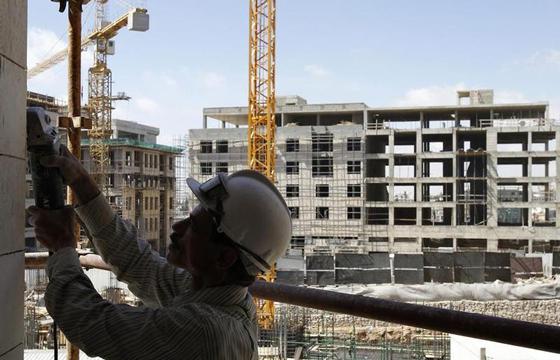The Abu Dhabi Fund for Development (ADFD) has announced providing financing for 31 development projects in Jordan.
The projects, which had a cumulative value of $1.55bn (AED5.7bn), were funded through government grants and concessionary loans, UAE state news agency, WAM, reported.
The development works were said to cover several sectors, including mining, water and irrigation, transport, housing, agriculture, energy, education, and healthcare.
In a report that it released yesterday, to coincide with Jordan’s 71st Independence Day, ADFD noted that it has been enjoying close ties with the government of Jordan since 1974, with both parties working together to achieve sustainable development goals in vital economic sectors that benefit the Jordanian population.
ADFD manages the $1.25bn (AED4.6bn) UAE government contribution to the Gulf Development Fund, a five-year grant programme of the GCC to finance development projects, in line with the Jordanian government’s strategic objectives.
Congratulating Jordan’s people on its Independence Day, Mohammed Saif Al Suwaidi, director-general of ADFD, said that the UAE and Jordan have enjoyed a strong fraternal bond, adding that the UAE is keen to support friendly countries in achieving their sustainability and socio-economic agendas.
Imad Fakhoury, Jordanian Minister of Planning and International Cooperation, commented: "Through ADFD, the UAE government has provided funding for projects that advance Jordan’s development priorities and socio-economic well-being since 1974.
"The Jordanian government sees ADFD as an essential partner of its long-term growth efforts. The fund has successfully managed, allocated and distributed concessionary loans and grants to key sectors in Jordan, most notably infrastructure, healthcare, industry and mining, and water and irrigation."
Among the most prominent projects administered by ADFD, as part of the $1.25bn (AED4.6bn) UAE grant to the Gulf Development Fund programme for Jordan in 2012-2017, is the $25m expansion of the King Hussein Cancer Centre. The project is scheduled for completion by the end of 2017, according to WAM.
ADFD has also contributed about $200m to fund the first phase of the expansion works of the King Hussein Medical City, including the construction of a 940-bed hospital with a capacity of 1,200 patients per day.
A $34m project aims to build 85 new schools featuring modern science laboratories and advanced educational equipment, to cater to the growing number of students and enhance the education sector in Jordan. The project is scheduled for completion by the end of 2017.
A $17m project to increase the efficiency of irrigation systems and water conservation has now been completed. The works included the replacement of calcified pipes, as well as the construction of walls and an underground drainage system for protection from floods.
ADFD also financed a $49m project covering the construction of two concrete dams – the Zarqa-Ma’een and Kufranjah dams. The goal behind the project is to optimise the use of rainwater, meet the growing demand for drinking and irrigation water, and improve water output and transfer, in line with industry standards.
A four-phase project valued at $150m will include the construction of an environment-friendly solar photovoltaic power plant in the Al Quweira region, which will take place from September to December 2017. Once connected to the national grid, the plant will generate 100MW of energy.
A $210m project will provide storage units to maintain a reserve of petroleum products sufficient for 60 days of domestic consumption across Jordan, enhancing the country’s oil security and infrastructure. The project is scheduled for completion in September 2017.
A $33m project that aims to meet Jordan's liquefied petroleum gas (LPG) needs has now been completed, ensuring the continuity of gas and electricity supply in the country.
The fund also financed a $186m project that covers the development of 15 roads, of which 12 have been completed and the remaining three nearing completion.
With the aim of modernising public universities, a $126.9m programme will equip nine official universities with better infrastructure and newer technical apparatus.
Grain Silos, a $70.5m project, aims to expand the Juwaideh and Aqaba silos to increase the holding capacity of essential food grains, particularly wheat and barley. With 75% of the works completed, the Juwaideh silo is scheduled for handover in Q1 2018.
Emirates News Agency
7 June























































